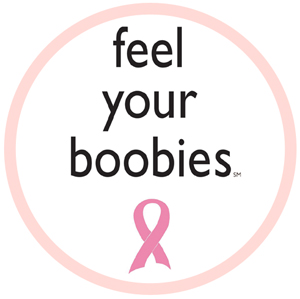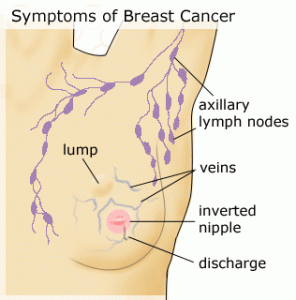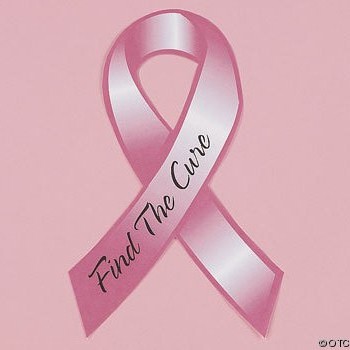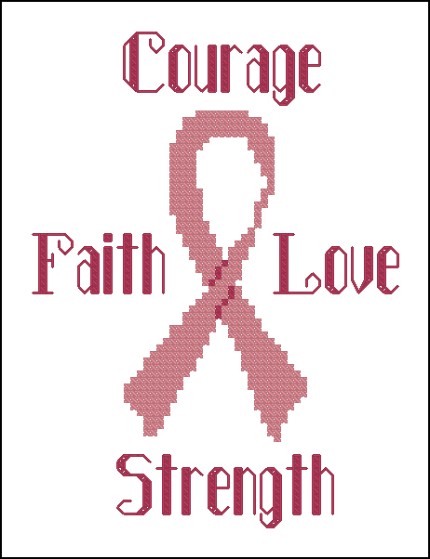Are genetic tests available to detect BRCA 1 and BRCA 2 mutations, and how are they performed? Yes. Several methods are available to test for BRCA1 and BRCA2 mutations . Most of these methods look for changes in BRCA1 and BRCA2 DNA. At least one method looks for changes in the proteins produced by these genes. Frequently, a combination of methods is used. A blood sample is needed for these tests. The blood is drawn in a laboratory, doctor's office, hospital, or clinic and then sent to a laboratory that specializes in the tests. It usually takes several weeks or longer to get the test results. (Citation 5) 
However, for women who appear to be at high risk for hereditary breast or ovarian cancer based on their personal and/or family history, genetic testing can yield important information. If, for example, such women test positive for a mutation, there are a numbers of options she can pursue to lower her risk for the disease. These options include more aggressive screening guidelines, taking preventive medications, having prophylactic surgery, or altering lifestyles to reduce risk. If, on the other hand, a woman tests negative for a mutation that is known to run in their family, she can have the relief of knowing that she is at no greater risk of developing breast or ovarian cancer than are members of the population at large and thus does not need to follow more aggressive screening and prevention guidelines. However, for people who do not have a known mutation in their family, but still have a strong history of breast or ovarian cancer, genetic testing can yield less conclusive results. If doctors find no mutation in the family, these women must still follow aggressive screening strategies because of their family history of the disease. (Citation 8)
 |

Who is at higher risk of breast and ovarian cancer? A woman with a significant family history of breast and/or ovarian cancer has a higher risk of getting these cancers. (Citation 4)  How do genes affect breast and ovarian cancer risk? Sometimes genes do not function properly because there is a mistake in them. If a gene has a mistake, it is said to be a mulated or altered. When a gene with a mistake is passed along in family member, it is called and inherited altered gene. All people have altered forms of some genes, certain altered genes can increase your risk of illnesses such as cancer. These alterations are most often found in genes named BRCA 1 and BRCA 2 (BReast CAncer Gene 1 and 2). (Citation 8)  |